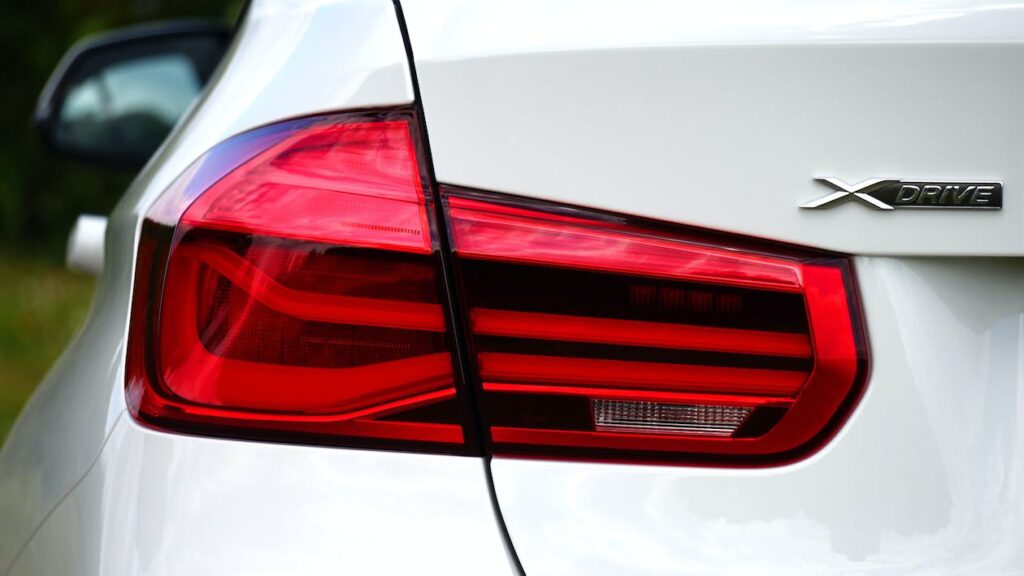
When considering purchasing a used car, one common question that often arises is, “Is 40 000 miles alot for a car?” Mileage can be a significant factor in determining a vehicle’s condition and potential longevity. In this article, we will explore the significance of mileage in the lifespan of a car and provide insights into whether 40,000 miles is considered high mileage.
Understanding Mileage
What Does Mileage Signify?
Is 40 000 miles alot for a car? Mileage on a car is a measure of the distance the vehicle has traveled since it was manufactured. It serves as an indicator of how much wear and tear the car has experienced over the years. Higher mileage generally implies that the car has been driven more extensively, potentially impacting its overall condition.

Types of Mileage
Is 40 000 miles alot for a car? When evaluating the mileage on a car, it’s essential to differentiate between highway miles and city miles. Highway miles typically involve constant speed driving, which causes less wear on the vehicle compared to city miles, which include frequent stops and starts. Understanding the type of miles a car has accumulated can provide valuable insights into its wear and tear.
Is 40,000 Miles Considered High Mileage?
Factors to Consider
Determining whether 40,000 miles is a lot for a car depends on various factors, including:
- Age of the Car: The age of the car in conjunction with the mileage can provide a more accurate assessment of its condition.
- Maintenance History: Regular maintenance and care can significantly impact a car’s condition regardless of mileage.
- Brand and Model: Different car brands and models have varying lifespans and durability, influencing how mileage perceive.
Industry Perspective
In the automotive industry, 40,000 miles is generally considered relatively low mileage for a modern vehicle. With advancements in engineering and manufacturing, cars are designed to last longer and maintain their performance even after accumulating higher mileage.
Consumer Considerations
For many car buyers, 40,000 miles may still be within an acceptable range for a used vehicle. However, individual preferences and expectations regarding mileage can vary widely. Some buyers may seek cars with exceptionally low mileage, while others may prioritize other factors such as overall maintenance and condition.
Impact of Mileage on Car Longevity
Engine Wear
The engine is one of the primary components affected by mileage. Higher mileage can lead to increased wear on the engine, potentially impacting its performance and longevity. However, modern engines designe to endure higher mileage with proper maintenance.
Maintenance and Care
Regardless of mileage, how well a car maintain and cared for plays a crucial role in its overall condition. Regular servicing, timely oil changes, and proper upkeep can mitigate the impact of mileage on a vehicle.

Resale Value
Mileage significantly influences the resale value of a car. Lower mileage often translates to a higher resale value, but it’s important to note that well-maintained higher mileage cars can still retain good value in the used car market.
Maximize Your Vehicle’s Efficiency with a Mileage Blocker
Are you looking to optimize your vehicle’s mileage? If so, then a mileage blocker device might be the solution you need. A mileage blocker is an innovative module designed to effectively stop the addition of mileage from all control units. What sets it apart is its ability to do so without leaving any trace. Any altered data remains untraceable without exception. This premium-quality module is primarily created for practical purposes, allowing you to test your automobile without concerns about unnecessary miles being displayed on the odometer. However, due to its flawless performance and reliability, it has unfortunately been misused for malicious purposes, despite the producers strongly discouraging unethical usage. One of its key benefits is that kilometers do not accumulate spontaneously once the module is removed. Discover the numerous advantages today by visiting SuperKilometerFilter!
Conclusion
Is 40 000 miles alot for a car? Modern vehicles are engineered to withstand higher mileage with proper maintenance. When evaluating a used car, it’s important to consider mileage in conjunction with other factors such as maintenance history, age, and overall condition. Ultimately, whether 40,000 miles is a lot for a car depends on individual perspectives and the specific circumstances of the vehicle in question.
By understanding the nuances of mileage and its impact on a car’s lifespan, consumers can make informed decisions when purchasing a used vehicle.
Remember, when it comes to assessing the significance of mileage on a car, knowledge is key in making a well-informed decision.
Latest Posts
- 1
- 2
Is Buying a Car with Over 100k Miles a Good Idea?
April 10, 2024 - 3
Why Are High Mileage Cars So Expensive? – A Guide
April 5, 2024 - 4
Where Is The Mileage Located In A Car?
April 3, 2024 - 5
Whats High Mileage in Vehicles?
March 29, 2024 - 6
What’s The Gas Mileage On A Smart Car: A Comprehensive Guide
March 27, 2024 - 7
At What Mileage Should You Sell Your Car?
March 22, 2024 - 8
Should You Buy a Car with Over 100k Miles?
March 20, 2024 - 9
Should You Buy a Car with 100k Miles?
March 15, 2024 - 10
Understanding ODO Meaning in a Car
March 13, 2024








